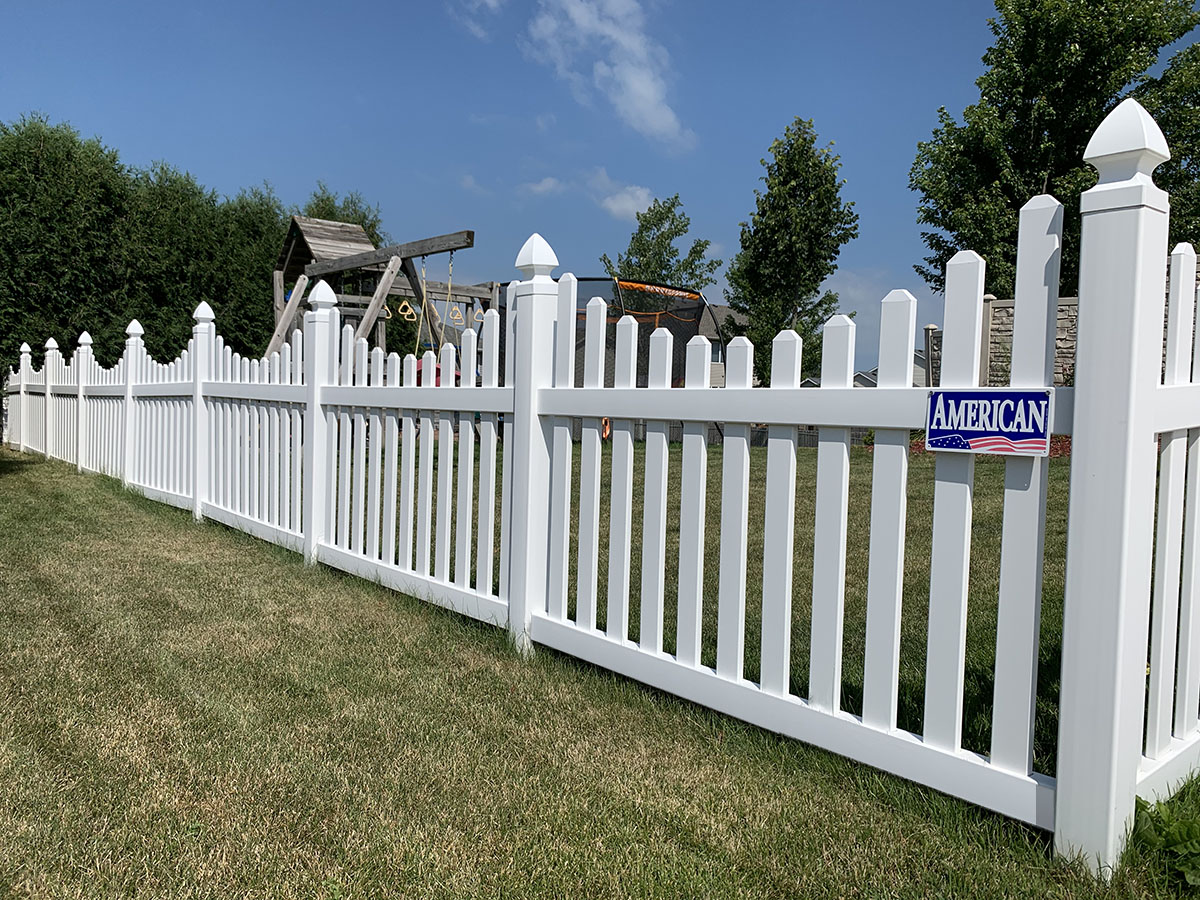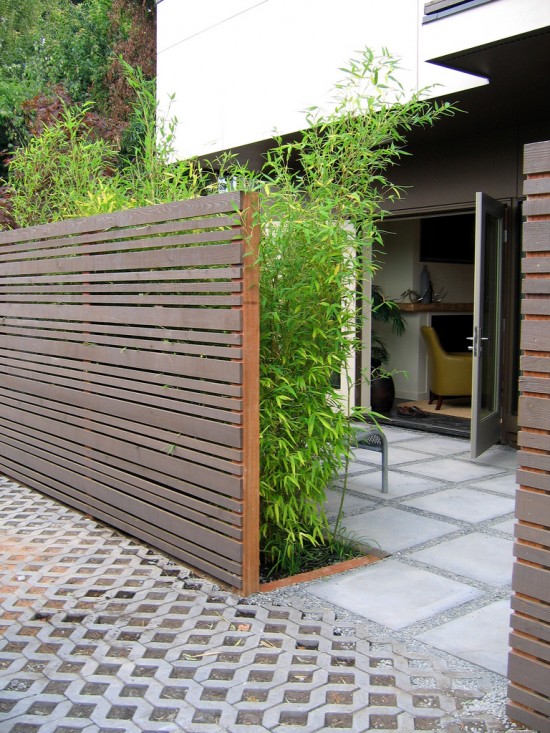All Categories
Featured

Selecting the appropriate fencing material is vital for achieving the equilibrium of durability, visual appeals, and functionality that matches your building. Timber, plastic, and light weight aluminum are popular selections, each with special attributes that deal with details needs. Right here's a thorough consider the advantages and disadvantages of these three materials.
Timber Secure Fencing. Pros:. Classic Charm: Wood provides an all-natural, classic appearance that enhances numerous architectural styles. Adjustable: It can be repainted or discolored in a variety of shades and designs. Budget-friendly: Wood fences are commonly more affordable ahead of time than vinyl or light weight aluminum. Eco-Friendly: As an eco-friendly source, wood is naturally degradable and lasting when sourced properly. Cons:. Maintenance-Intensive: Needs normal discoloration, paint, or sealing to secure against climate and pests. Much Shorter Life-span: Depending upon the kind of timber and environment, it typically lasts 10-15 years. Vulnerability to Damages: Prone to deteriorating, bending, and termite damage without correct treatment. Timber is ideal for home owners who value looks and are willing to spend effort and time in maintenance to extend its life.
Plastic Fencing. Pros:. Durable: Resistant to parasites, rot, and climate, vinyl preserves its structure in harsh conditions. Reduced Upkeep: Calls for little upkeep past periodic cleaning. Lengthy Life expectancy: Plastic can last 20-30 years without substantial wear or damages. Functional Styles: Readily available in different colors, appearances, and designs, consisting of options that imitate timber. Cons:. Pricey Installation: Plastic fences are extra pricey to install compared to wood. Breakable in Winter: Plastic can fracture in severe cold environments. Challenging to Repair work: If harmed, entire areas may require substitute, which can be challenging to match. Vinyl fencing is a wonderful choice for those focusing on long life and marginal upkeep, also if it features a greater ahead of time expense.

Light Weight Aluminum Fencing. Pros:. Rust-Resistant: Light weight aluminum does not rust, making it perfect for wet or humid areas. Lightweight but Strong: Offers stamina without being excessively heavy, which streamlines setup. Reduced Upkeep: Needs bit even more than cleansing and occasional repainting. Longevity: Light weight aluminum fencings can last for years without significant degeneration. Stylish Layouts: Frequently utilized for attractive purposes, light weight aluminum includes elegance to any type of building. Disadvantages:. High Initial Price: Light weight aluminum fencings are among the much more pricey alternatives. Limited Personal privacy: Frequently developed with open spaces, they don't obstruct views or sound. Susceptible to Damages: While sturdy, light weight aluminum can be nicked or bent with heavy impact. Light weight aluminum is best matched for those that want a resilient, elegant fencing and do not require full privacy.
Making the Right Choice. Each product has its weak points and staminas:

Timber is ideal for eco-conscious purchasers and traditional aesthetics that don't mind upkeep. Plastic works for property owners seeking a weather-resistant, low-maintenance service. Aluminum is a sturdy, attractive option for those that want sophistication and long life. Consider your priorities-- whether it's expense, look, upkeep, or personal privacy-- and get in touch with a secure fencing expert to choose the product that best satisfies your demands. A well-selected fence will certainly boost your building for years to come.
Latest Posts
Just How We Make Flooring Easy at Carpet Interiors Floor & Home
Published Apr 21, 25
1 min read
Comprehensive Auto Maintenance at Montclare Auto Repair - Explore Now
Published Apr 21, 25
2 min read
Encouraging Youth with WyHy's Economic Tools
Published Apr 21, 25
1 min read